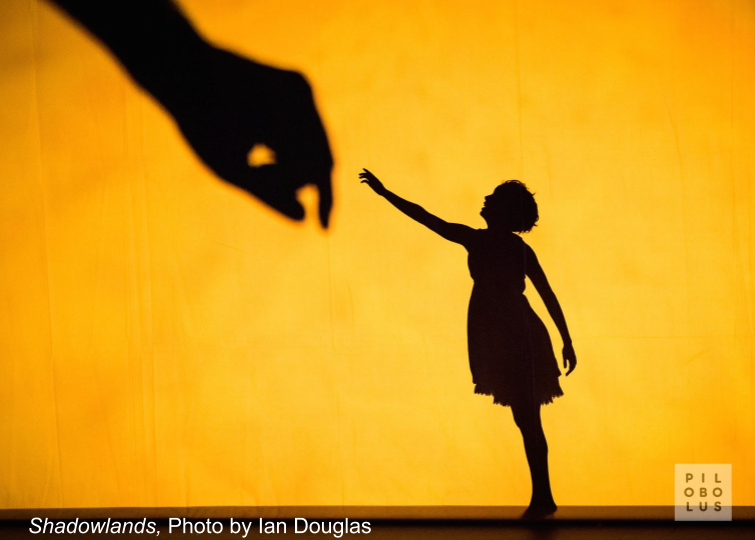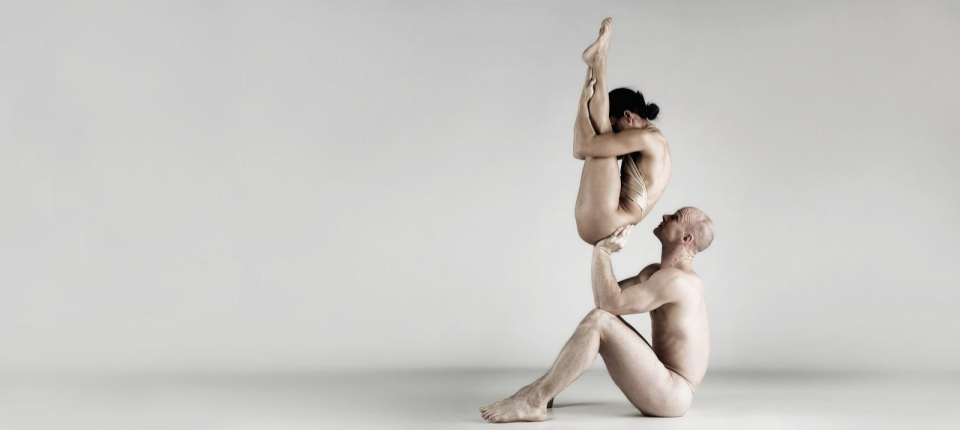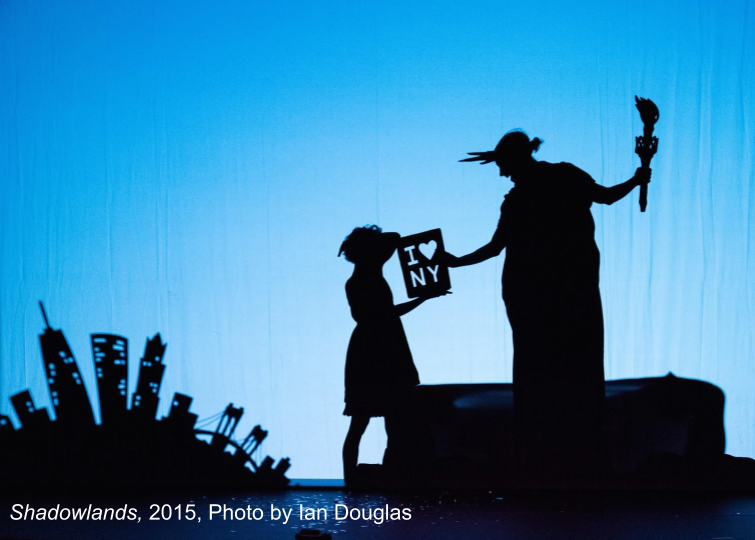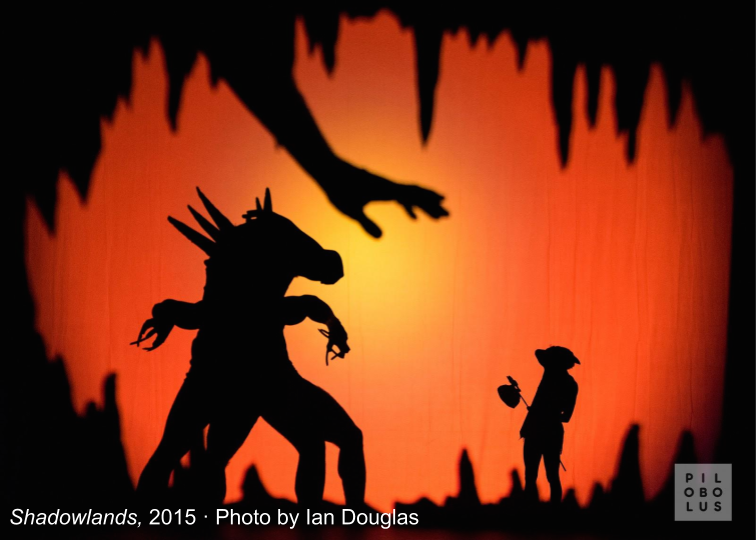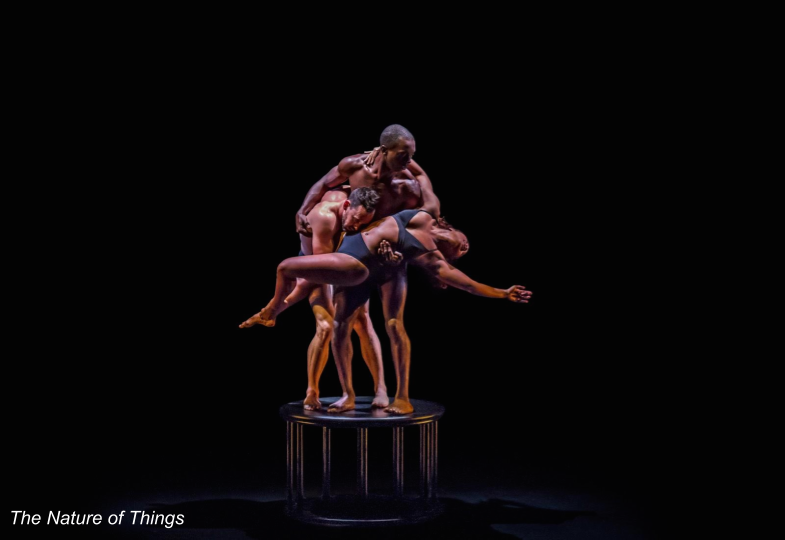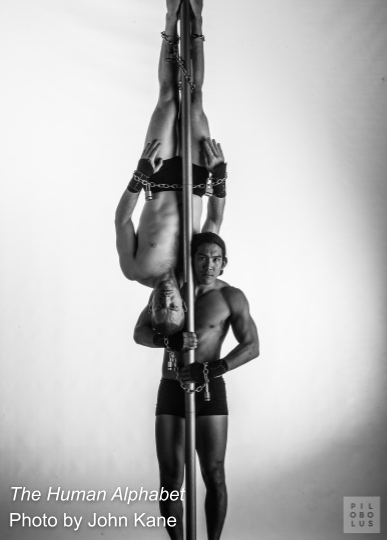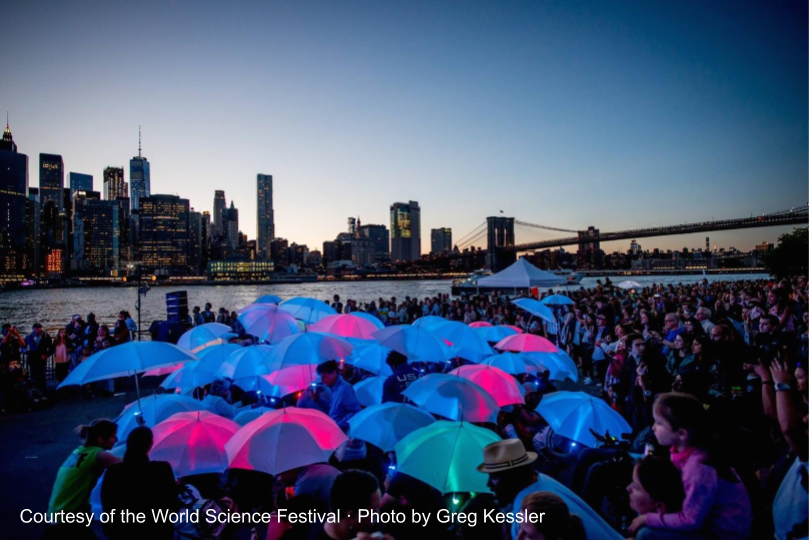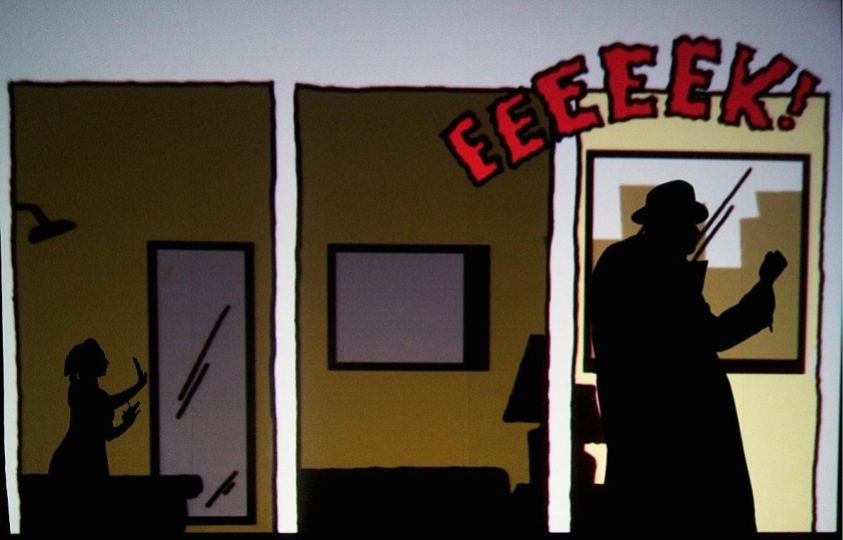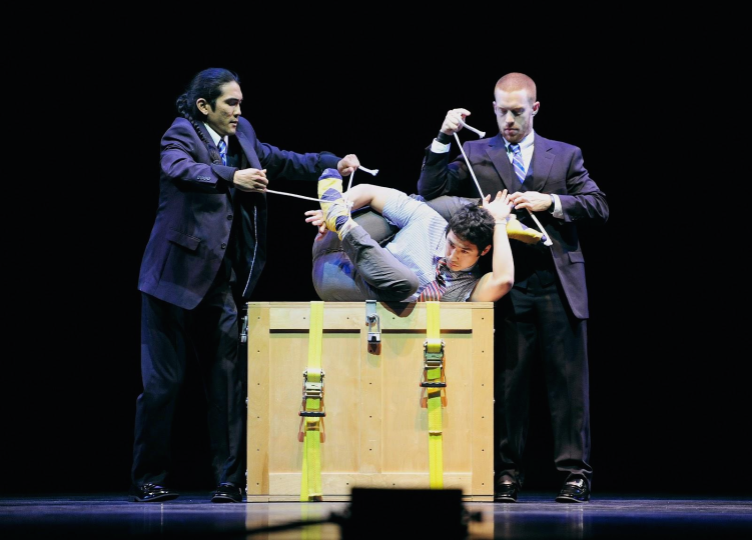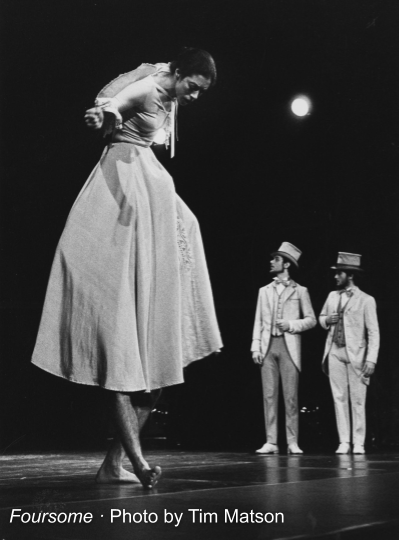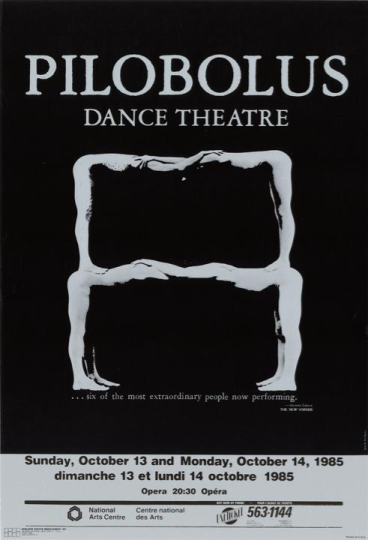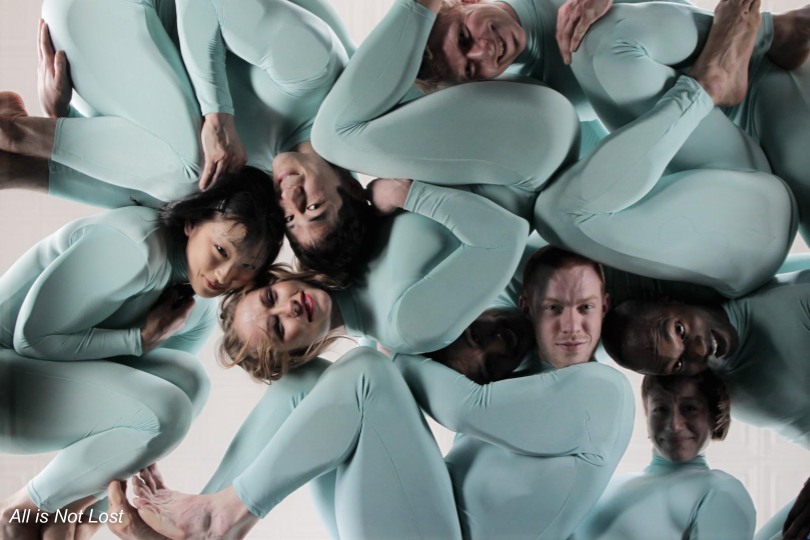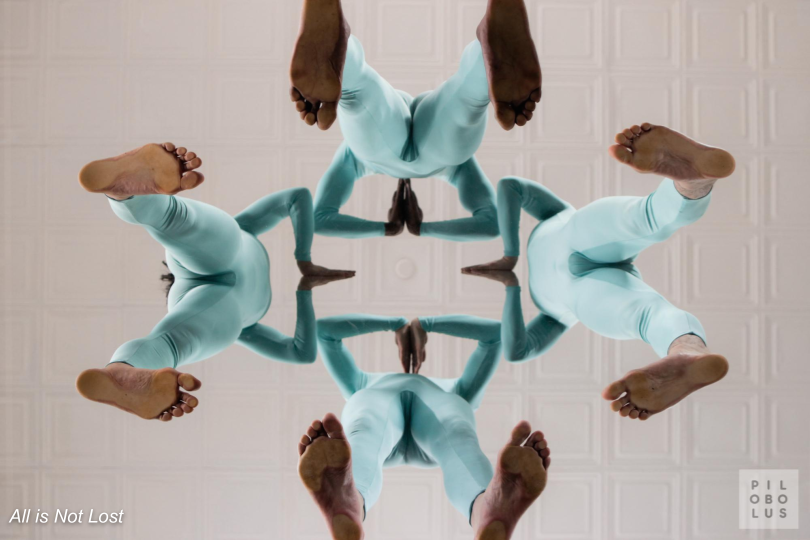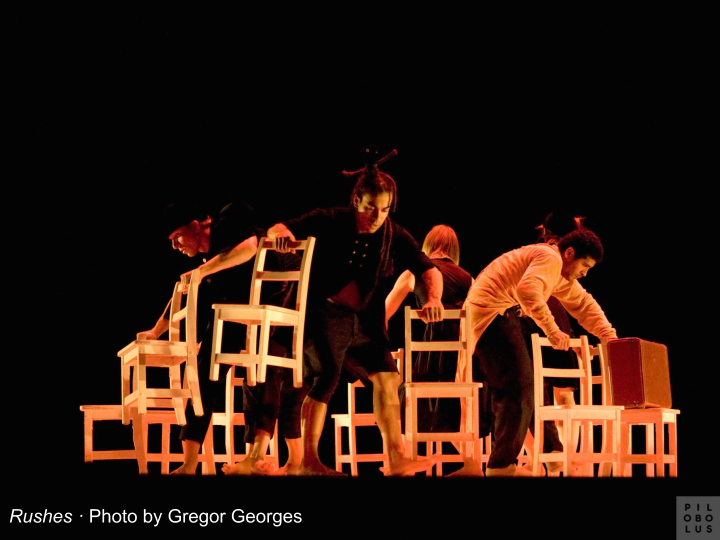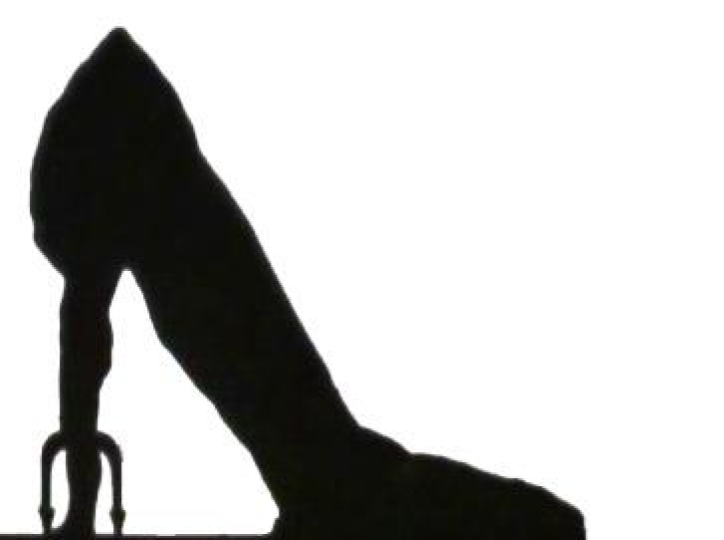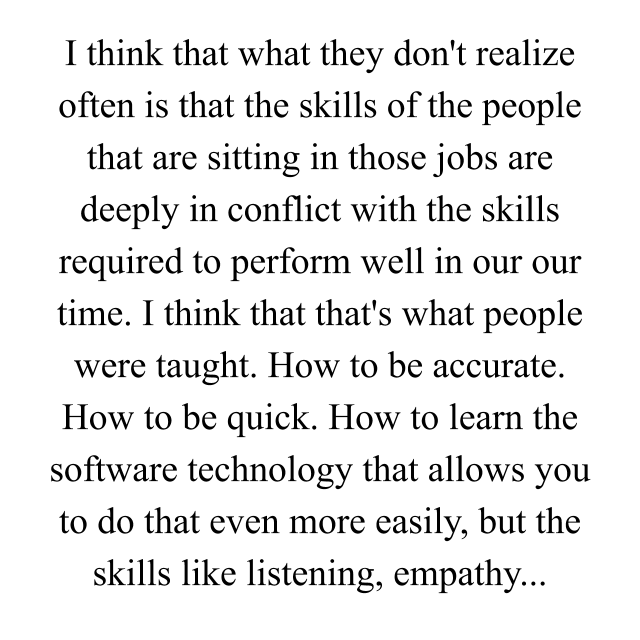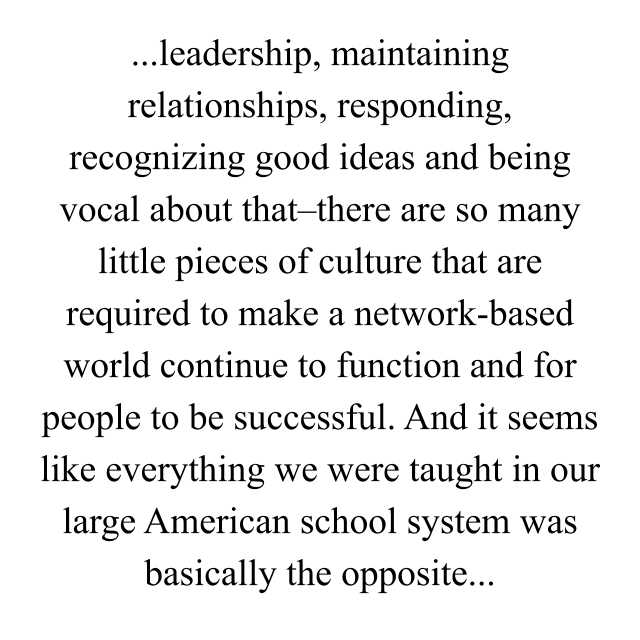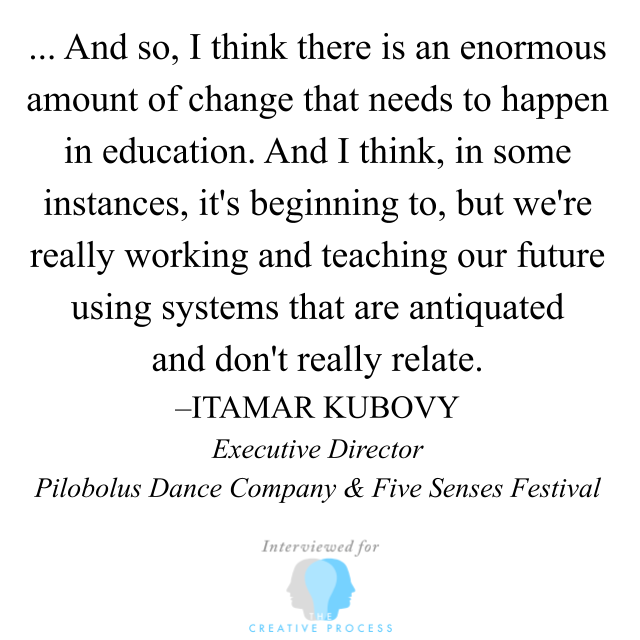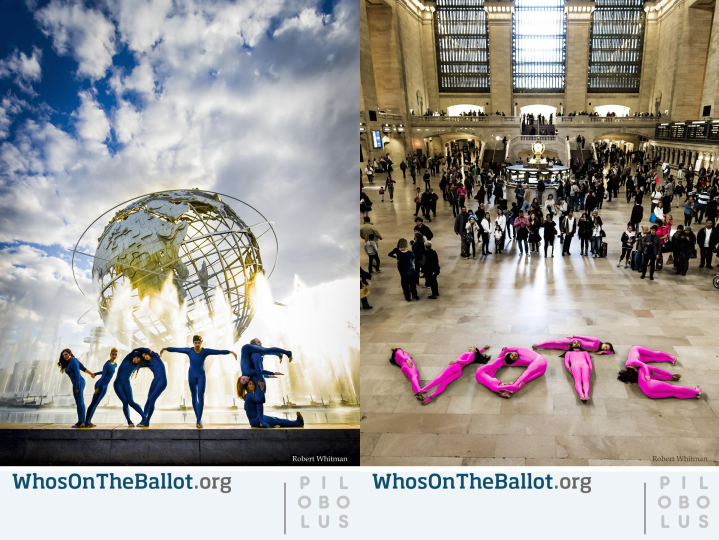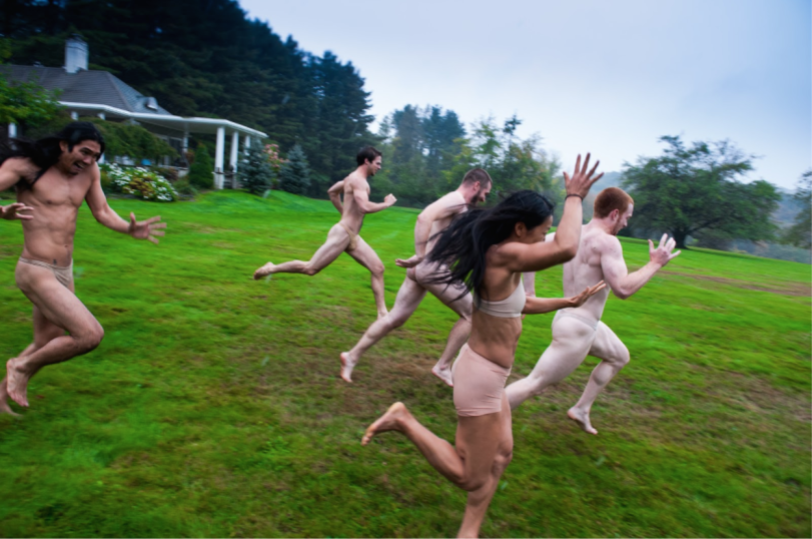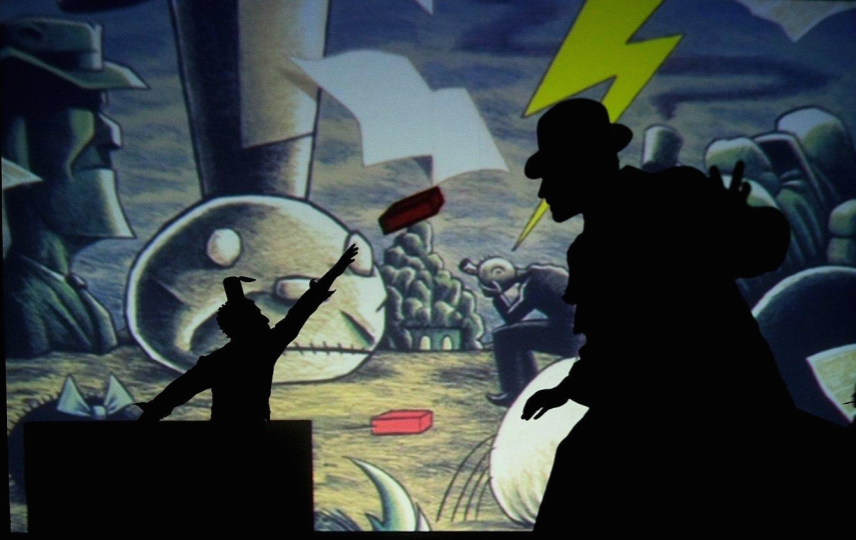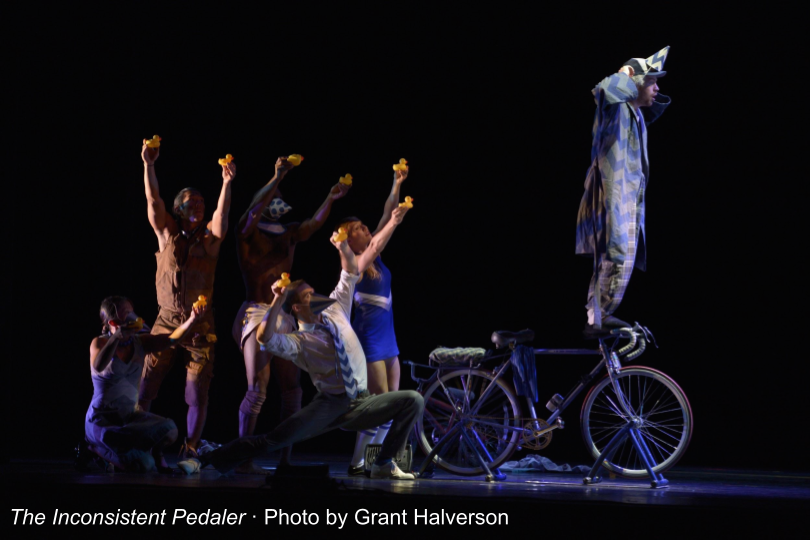Before joining Pilobolus as its first Executive Director in 2004, Itamar studied philosophy at Yale, ran theaters in Germany and Sweden, directed plays by John Guare, co-directed the 2002 season finale of “The West Wing,” and made a film, “Upheaval,” starring Frances McDormand. At Pilobolus, Itamar founded and co-curates the critically acclaimed International Collaborators Project, which opens the choreographic process to artists and thinkers from diverse fields. Recent collaborators include Pulitzer Prize winner comics artist Art Spiegelman, Macarthur award winner Basil Twist, the MIT Distributed Robotics Lab, Steve Banks, head writer of SpongeBob SquarePants, the illusionists Penn & Teller, and the rock band and Internet sensation OkGo, with whom Kubovy conceived and co-directed a Grammy nominated interactive video, All Is Not Lost. Over the last 10 years, Itamar also evolved and executive produces Pilobolus Creative Services, developing movement to communicate brand experience through corporate events around the world. Itamar is also one of the creators of Pilobolus’s Shadowland, the first full evening work of shadow theater of its kind. Shadowland has been seen by more than a million people in more than 30 countries over the last six years. Highlights of Kubovy’s career with Pilobolus include a TED presentation, a Grammy nomination, an Emmy nomination, appearances on the Academy Awards, Oprah, Ellen, and a commissioned performance for the Queen of England. In keeping with the Pilobolus’s nonprofit mission, Itamar now focuses his efforts on securing the company’s transition into a sustainable laboratory that convenes creative minds to produce imaginative physical entertainment and live experience to be distributed on diverse platforms.
ITAMAR KUBOVY
I think that what they don't realise often is that the skills of the people that are sitting in those jobs are deeply in conflict with the skills required to perform well in our our time... I think that that's what people were taught... How to be accurate. How to be quick... How to learn the software technology that allows you to do that even more easily, but the skills like listening, empathy, leadership, maintaining relationships, responding, recognising good ideas and being vocal about that–there are so many little pieces of culture that are required to make a network-based world continue to function and for people to be successful. And it seems like everything we were taught in our large American school system was basically the opposite. And so, I think there is an enormous amount of change that needs to happen in education. And I think, in some instances, it's beginning to, but we're really working and teaching our future using systems that are antiquated and don't really relate.
THE CREATIVE PROCESS
I wonder if, as a you're creating dances, do you study the movements of children? You work sometimes with children?
KUBOVY
We work a lot with children, and we're always fascinated by... You know, at some point, it's almost like everyone is–this is sort of a cliche–but everyone is born with this ability to play and to be physical and to be connected to their body. And at some point, you lose it.
At some point, it's taken out of us or grows out of us or is sucked out of us. It's hard to know what it is, but it feels like at some point that kind of expression becomes not okay, and it needs to have much more discipline to it. And it's sort of too sensual. Probably happens sometime around the beginning of sexuality, or not of sexuality but of puberty.
And, at that point, dancing too much once you've reached puberty becomes inappropriate. In some funny way, it's like too much. And somehow this subtle lesson gets placed into all of the children's schools to help a lot. You know, schools are so unencouraging to play.
You would think it's a cool place to go. That you would go and you would learn through playing and being silly, but generally, you get more and more channeled into just getting it right. And that all feeds into a kind of closing of the imagination. And I think that it becomes something you just don't do it. And finding ways in which that can happen, I think there's a generation of people that are very thirsty for it.
THE CREATIVE PROCESS
It has to be sort of organized. In a way, maybe the arts are a sort of organized play. Permission to play. Permission to watch some other people play.
KUBOVY
Right. Sort of making rules and then breaking rules, which really is what playing is in some way. You're always trying to figure out how to turn something on its head when you're playing.
And so, I think that that's an extremely important way to think about a growing idea of art, which has to do really with the stuff that enhances the senses and speaks to play in some way. Pushes the imagination.
In the old days, we used to say it's metaphor, but in a way, I'm not sure that metaphor is physical enough to describe the kind of play that is required to engage people in a way that makes them feel something when they're living in a world that is so equalizing.
THE CREATIVE PROCESS
Because we share this with students. We invite their creative responses and since so many people, adults have forgotten how to play, what are some exercises that you use to remind yourself or your dance company? To keep those senses alive?
KUBOVY
This is where the group really comes in because I think part of what is the hard thing when you're playing is to come up with things that are new all the time. To turn, to think in new ways. It's only play when you can be able to have some fresh sense of surprise or sense unanticipated outcome.
I think there is a way in which a good group that is working together well usually requires the group to be pretty diverse.
That good groups tend to have not the same person five times or six times. But to have six different people each provides something different. And the reason I think that makes good groups is that, despite having all these different perspectives, you're sort of beginning to force people to look at things from different points of view at the same time. By doing that, that's what play is. Doing that, practicing, being able to have empathy. To say, Oh, I see how she sees it. And I see how I see it.
And they're both true. That's the beginning of that fresh thinking. And it also happens to be critical for communication.
THE CREATIVE PROCESS
What I like about your work is that you have all this space for telling stories. I think more so than a lot of dance companies. I love that.
KUBOVY
I mean, in a funny way, it's all storytelling, right? It's almost like time and sequence create story. And so you don't...as soon as you have some consciousness, the time is passing. And if you don't have consciousness that time is passing, you're either dead or you're deeply disconnected from the world.
And so somehow it's really about connection. And I think that one of the things oddly that the Internet has done is it appears like it's something that connects us, when in fact it is something that disconnects us because it removes any of the requirement of actually doing the things that are associated with communication. So it's almost like speaking without consequence, and the lack of consequence ends up making you feel less real, like the world just feels like you can shoot on the Internet and people don't die.
And I think that that's not a healthy... like that's a very warped reality to live in. So, part of what I'm interested in, I believe there needs to be a very regular habit of behavior of culture that provides for the senses and time to be reunited. Like reconnected around even a very short time that reconnection I think can provide a great deal of sanity. Otherwise, I think we tend to lose it.
THE CREATIVE PROCESS
Yes, the one thing I think we're privileged as artists–well, I won't say all artists have it–but we're trying to always refresh our senses and pay attention. So, if that's something that you can communicate through your Five Senses Festival, maybe others aren't so much in the habit of that.
KUBOVY
Right. And what do we pay attention to? And we all pay attention to things or train ourselves to pay attention to things, but in a funny way, that I don't know if you felt this, but sometimes you do you pay attention in a way that was successful for you in the last time. You kind of get bored with that particular way of paying attention.
So it becomes kind of known. Like I've done this already. And there needs to be some element of innovation or, as you said surprise or the unexpected, which I think is part of what we try to bake into the process rather than hope to find it. And it makes it more interesting.
THE CREATIVE PROCESS
I was wondering if we could talk about...it is partly theater what you do now...but your theater work before. Your path towards Pilobolus and even your back in philosophy. Some of the other things, how you found your way there?
KUBOVY
You know, it's a good question. I was an immigrant. I was born in Israel, and I came here. My parents were academics. I came here when I was 4, and grew up mostly in Connecticut outside of New York, and then went to school here and university here and so on, but I think that somehow there was always an experience of being sort of an outsider, and somehow not really being part of this American society, and I had very ambivalent feelings about it.
This interview was conducted by Mia Funk with the participation of collaborating universities and students. Associate Interviews Producer on this podcast was Sorella Lark. “Winter Time” was composed by Nikolas Anadolis and performed by the Athenian Trio.
Find us on Apple Podcasts, Spotify, Google Podcasts, Podcast Addict, Pocket Casts, Breaker, Castbox, TuneIn, Overcast, RadioPublic, Podtail, and Listen Notes, among others.
Mia Funk is an artist, interviewer and founder of The Creative Process.




